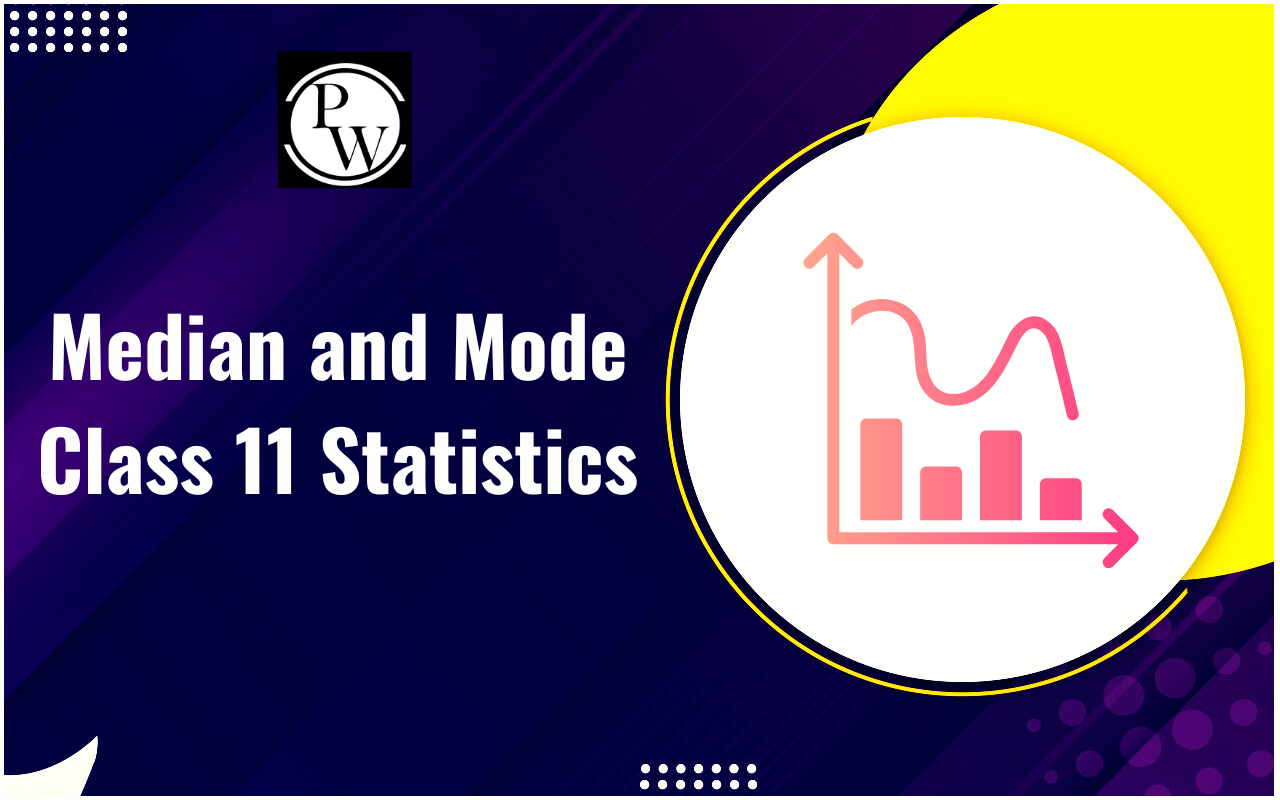
Capital Tax Gains is a tax levied on the profit earned from selling capital assets, such as real estate, stocks, and bonds. Capital Tax Gains in India are categorised into short-term and long-term, with differing tax rates. Short-term capital gains from assets held for less than a year are taxed at higher rates, while long-term capital gains from assets held longer often benefit from lower tax rates. Recent updates in the Union Budget can impact this Capital Tax Gains rate and benefits, influencing investment decisions and financial planning. Understanding these tax implications helps in effective tax management and investment strategy.
What is Capital Tax Gains In India?
Capital tax gains in India are taxes imposed on the profit earned from the sale of assets or investments. The nature of the tax and its rate depends on how long the asset has been held before its sale, and it is classified into two types: long-term capital gains (LTCG) and short-term capital gains (STCG) .1. Long-Term Capital Gains (LTCG)
- Definition : Gains earned from the sale of assets held for more than a specified period are considered long-term capital gains.
-
Holding Period
:
- Equity Shares and Equity Mutual Funds : Held for more than 12 months.
- Other Assets (e.g., Real Estate, Debt Mutual Funds) : Held for over 24 months.
-
Tax Rates
:
- Equity-Linked Assets : As of the latest update, LTCG is taxed at 12.5%.
- Non-Equity Assets : Also taxed at 12.5% as per the new rules introduced in Union Budget 2024.
- Indexation : Previously, taxpayers could adjust the purchase price of an asset for inflation (indexation). However, this benefit has been removed as per the latest budget changes.
2. Short-Term Capital Gains (STCG)
- Definition : Gains earned from the sale of assets held for a period shorter than the specified holding period are considered short-term capital gains.
-
Holding Period
:
- Equity Shares and Equity Mutual Funds : Held for 12 months or less.
- Other Assets : Held for 24 months or less.
-
Tax Rates
:
- Equity-Linked Assets : Taxed at 15%.
- Non-Equity Assets : Taxed at 20% (as per the latest budget updates).
3. Exemptions and Deductions
- Exemptions : Certain Capital Tax Gains exemptions are made under specific sections of the Income Tax Act, such as exemptions for gains reinvested in specified assets or schemes.
- Deductions : Deductions may be available under sections 54, 54EC, and 54F for reinvestment in new assets.
4. Reporting and Compliance
- Filing : Capital gains must be reported in the income tax return for the respective financial year.
- TDS : In some cases, Tax Deducted at Source (TDS) is applicable, and taxpayers must ensure compliance with tax deduction norms.
| Also Read | |
| Equilibrium Price | Abnormal Loss And Abnormal Gains |
| Changes In Supply | Taxation |
New Budget 2024-25 Rules For Capital Tax Gains
On July 23, 2024, Indian Finance Minister Nirmala Sitharaman introduced several significant changes in the Union Budget 2024. Among the key updates was a revision in the long-term Capital Tax Gains (LTCG) tax rates.- Previously, the LTCG tax rate was 10% for equity-linked assets and 20% for other asset types. The new budget has consolidated these rates into a single flat rate of 12.5%. This adjustment represents a 2.5% increase for equity-linked assets and a 7.5% reduction for non-equity assets.
- In addition, the budget has removed indexation benefits for financial and non-financial assets, which were previously used to adjust the cost of assets for inflation. The short-term capital tax gains have also increased to 20%, up from the previous rate of 15%.
What is the Current tax rule for LTCG?
Under the new Union Budget 2024, taxpayers are now subject to a 12.5% long-term capital gains (LTCG) tax on financial and non-financial assets. This represents an increase from the previous rate of 10%. However, the LTCG tax rate for non-equity assets, previously 20%, has been reduced to 12.5%. Thus, 12.5% is now the uniform tax rate for all long-term capital gains, regardless of the asset type. Additionally, the Finance Minister has eliminated indexation benefits, previously used to adjust the cost of acquiring assets for inflation. Consequently, taxpayers can no longer apply indexation benefits when calculating their long-term capital gains. The Union Budget has also adjusted the basic Capital Tax Gains exemption limit for long-term capital gains tax, increasing it from Rs. 1 lakh to Rs. 1.25 lakh. Furthermore, the holding periods for assets have been revised. Previously, the holding periods were 12, 24, and 36 months. Still, under the new budget, only two holding periods—12 months and 24 months—are now applicable for all financial and non-financial assets.Capital Assets Meaning
A capital asset is any property not used up or consumed in the normal course of business. It typically includes assets acquired for long-term use or investment rather than immediate consumption or resale. Capital assets are significant assets that individuals or businesses own and use for investment purposes rather than everyday operations or resale. Classifying assets as capital assets is crucial for tax purposes, particularly when calculating capital gains or losses from their sale.Long-Term Capital Gain Tax
When an individual holds an asset for over 36 months, it qualifies as a long-term capital asset. This category includes debt-oriented mutual funds, jewellery, and similar assets; no 24-month reduction period is applicable. The following assets are also considered long-term if held for more than 12 months:- Zero coupon bonds (regardless of whether they are quoted or not)
- Units of the Unit Trust of India (UTI) (regardless of whether they are quoted or not)
- Units of equity-based mutual funds (regardless of whether they are quoted or not)
- Securities listed on a recognised stock exchange in India
- Preference shares or equities held in a company listed on a recognised stock exchange in India
Short-Term Capital Gain Tax
Assets held for 36 months or less are classified as short-term capital assets. For immovable assets, such as house property, buildings, and land, this holding period is reduced to 24 months. Thus, if an individual sells land or a house after holding it for 24 months, the resulting profit is categorised as long-term capital gain. The previous owner's holding period determines whether the asset is classified as short-term or long-term for inherited or gifted properties. Additionally, the date when bonus or rights shares were allotted is used to classify these shares accordingly.Begin your journey towards academic excellence in Commerce with our comprehensive Commerce courses . Master the CBSE syllabus with expert guidance and ace your exams. Enroll now!”
Capital Tax Gains FAQs










